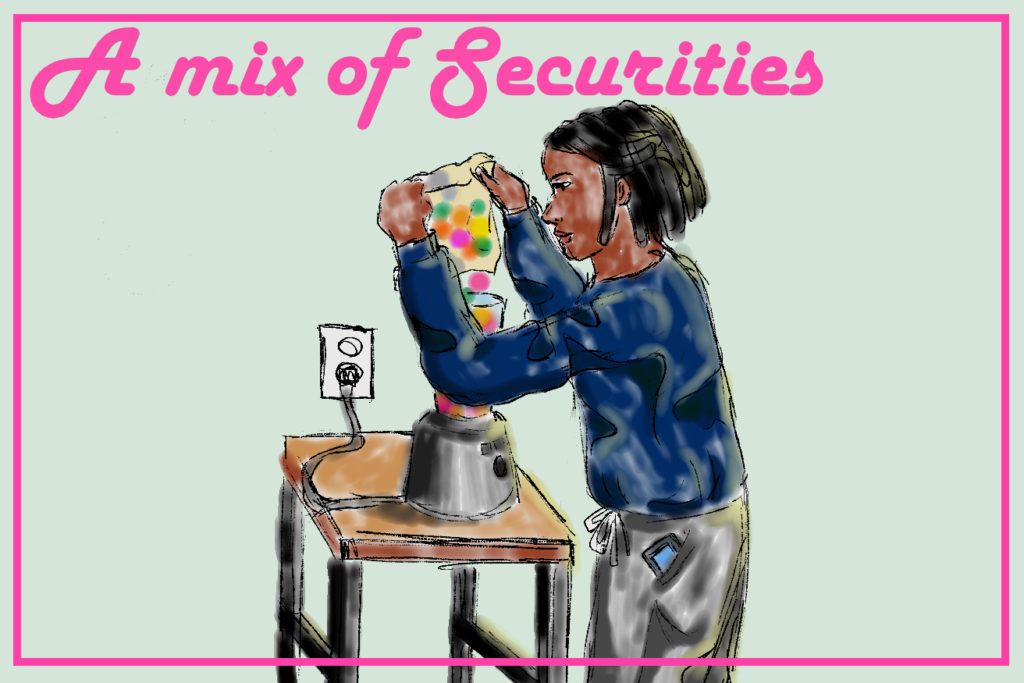
The first opportunity I am going to examine is the Global X MSCI Nigeria ETF (NGE). This is an exchange traded fund, which is simply a collection of assets held in a fund managed by Global X. You can read more about the fund, including disclaimers at the bottom here.
The fund was created in April 2013, and has seen its value crater since its inception. Since its creation, this fund has lost a whopping 73% of its value! Does this make it a bargain or a bad investment? The answer lies in the reason for the drop in value.
Why is the value so low?
While this fund is traded on U.S. exchanges, it consists of shares in some of the largest and most liquid companies in Nigeria. Because the fund is focused on only Nigerian companies (which hold assets in Nigerian Naira), it is more susceptible to changes in the Nigerian economy, such as the 2015 recession, which Nigeria is still recovering from. Declining oil prices decimated revenues in the oil sector, resulting in a devalued currency which negatively impacted other sectors of the economy.
While the economy has since stabilized, the value of the Naira (NGN), Nigeria’s currency has not recovered. In 2015, the exchange rate between the USD and the Naira spiked, and remains high at 1 USD to 362 NGN. In contrast, several months before in October 2014, the exchange rate was 1 USD to 163 NGN. The NGE fund has significant holdings in Nigerian financial institutions and in cash (in Naira) itself.
In 2017, in an attempt to stabilize the currency, the Nigerian government set the Naira exchange rate at its current value, still higher than what it would have been otherwise. As a result, foreign investment in Nigeria suffered as their investment dollars were effectively devalued. To alleviate this issue, Nigeria established an alternate exchange rate, the Investors and Exporters FX Window, just for foreign investors. Yes, Nigeria has multiple exchange rates for the Naira, and both are official!
The Fixed Exchange Rate: This exchange rate is the official government exchange rate. It currently sits at $306 per 1 NGN. This rate is used mainly by government entities and Nigerian importers.
The Nafex Window (I&E FX Window): This exchange rate is used for moving money in and out of Nigeria. It is set by a poll of bank dealers and closely mirrors the rate at which the Naira trades on the black market. This rate more closely reflects the actual value of the currency, and thus allows investment in Nigeria without immediate devaluation; the fixed rate is about 20% higher than the actual rate.
Implications for NGE
The multiple exchange rate systems means that, while investors will not lose money to monetary policy when they invest in Nigerian securities and companies, the value of a Nigerian security held Naira is about 20% lower than the Naira price suggests. Essentially, when you buy a Nigerian security, you, through the Nafex window, get 20% more Naira than the fixed exchange rate states. At the same time, every security you buy is overpriced by 20%.
NGE the ETF, however, is not a Nigerian security. It is a non-Nigerian fund that holds Nigerian securities. This means that when I determine the value of the fund, if it were to be liquidated tomorrow, it would be worth 20% less than its book value at its face.
A Good or a Bad Value?
As of September 5th, the price of NGE was $12.70. The fund holds $12.51 in assets per share, but already accounts for the Nafex exchange, so I do not need to subtract 20%. According to Global X, the price to book value 0.66, which signals that either the fund is undervalued (a bargain!) or the companies the fund is invested in are making a negative return. For companies that hold most of their value in physical assets or securities, price to book value is a good approximation of value.
A glance at the top 10 holdings of the ETF show that companies held by the fund are capital intensive or hold most assets in securities, such as banks.
To Buy or Not to Buy?
The last consideration I am going to mention is the expense ratio. The fund has a 0.88% expense ratio. This is high, but not abnormally so, especially for a niche fund. To start, I am going to buy 10 shares of NGE. We will see where they go!
Over the next few posts, I will examine the largest holdings by value of the NGE ETF, and then let you know what I am doing with my portfolio. As #1 on the list, I will first be taking a look into Dangote Cement Plc.
Summary and a Resource:
What is the fund called? Global X MSCI Nigeria ETF
What type of fund is this? An Exchange Traded Fund (ETF)
Where can shares in the fund be purchased? Most major trading platforms, including Robinhood.
If you want to check out the book I read that sparked my interest in value investing, you can find The Intelligent Investor by Benjamin Graham here:
A disclaimer: Past performance is not indicative of future results. This is not investment advice. Investing is risky! Be careful and consult a professional (I am not one) if these are your life savings.
Leave a Reply